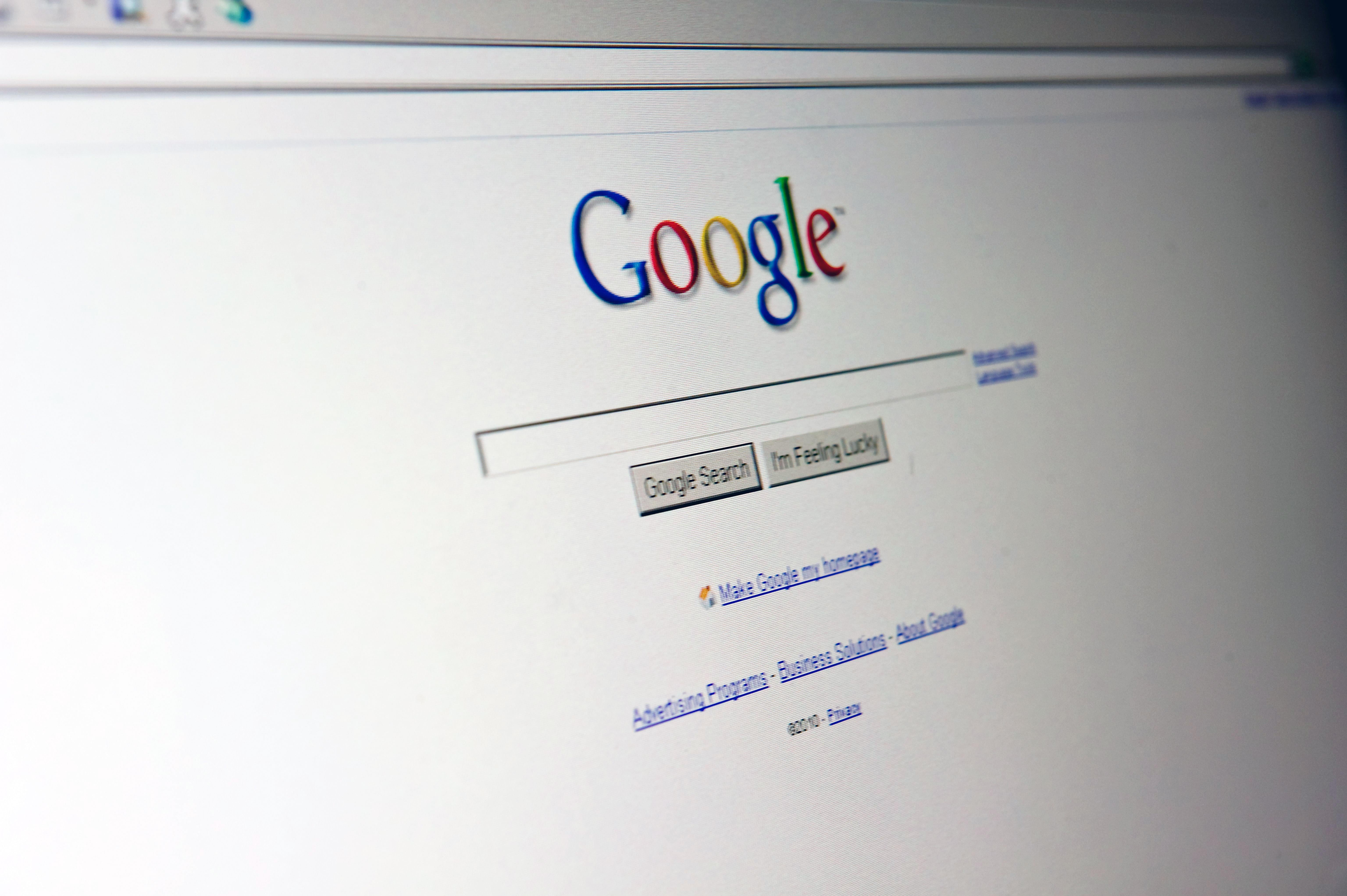Europe can censor European search engines. But can a Canadian court censor every single search engine across the globe, controlling what information people in other countries have access to? That’s the opinion the Supreme Court of British Columbia landed on last week, in a decision that could open the floodgates to worldwide Internet censorship.
The frighteningly broad ruling springs from a relatively simple case. One company stole another company’s trade secrets to create a virtually identical product, then tricked users into buying its copycat product. Google volunteered to remove Google.ca search results for the copycat product, but refused to block the results from search results in other countries. Now the British Columbia court is forcing Google’s hand, demanding that it remove the copycat company’s website from its databases worldwide.
On the surface, the case bears some resemblance to the European Union’s new (and deeply misguided) “right to be forgotten” laws, which, under some circumstances, allow individuals to request that search engines hide results pertaining to their pasts. But really, the Canadian ruling is vastly worse. The EU laws apply only within the EU—the European Court of Justice could hardly argue that it has authority to control what an American search engine shows to American users. But the British Columbia court bypasses this limitation by concocting a novel theory of universal jurisdiction, asserting authority to regulate every Google search performed anywhere on the planet.
It’s not hard to imagine the horrifying ramifications of this theory. If Canada can censor the search results that people all over the world get, so could another country. As University of Ottawa law professor Michael Geist points out, a Russian court could order Google to delete gay and lesbian websites from its database for violating the country’s “homosexual propaganda law.” A court in Iran could force Google to strip all Israeli websites from its search engines. China could prevent American users from accessing websites that discuss the Tiananmen Square massacre.
The British Columbia court’s theory of universal Web jurisdiction, in other words, is pretty much the endgame of free speech on the Internet. In Europe, that train is already leaving the station: Right to be forgotten laws trample core free speech principles in favor of a vague right of privacy. The Canadian ruling represents a far worse threat—one that could roll back freedom of speech in countries like the United States, where freedom of speech is more revered than in Europe.
We’ve seen a version of this threat before. In 2000, a French court asserted jurisdiction over Yahoo—an American company, whose servers are located in the U.S.—and forced it to censor search results for Nazi memorabilia on all French websites. Yahoo’s online auction wasn’t specifically targeting French citizens, but the French court decided it had jurisdiction anyway, as French citizens could theoretically buy the memorabilia. When Yahoo tried to appeal the ruling in America, the 9th Circuit tossed out its case, holding (somewhat ironically) that it didn’t have jurisdiction over the French plaintiffs.
Since then, no foreign Internet censorship case has made it to American courts. But the menace looms larger today than it ever has. The American conception of free speech is on a collision course with the European/Canadian quest to vastly restrict freedom of expression on the Web. Different models of freedom can coexist in around the globe. But we all share one Internet—and the U.S. shouldn’t stand by while a Canadian court tries to censor what Americans get to Google.
